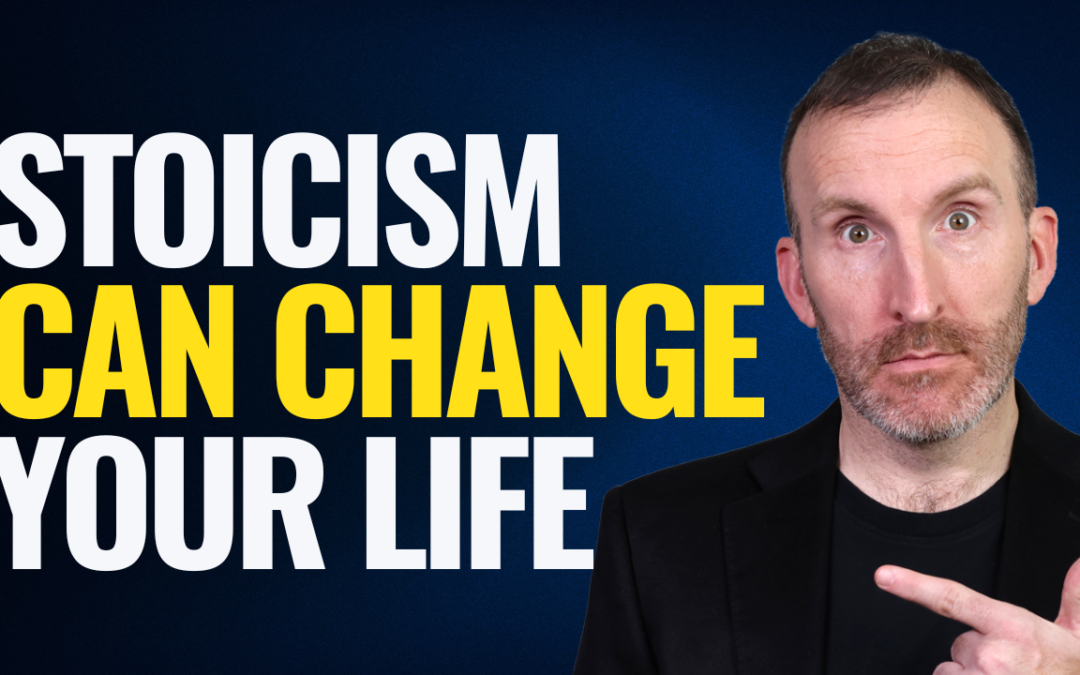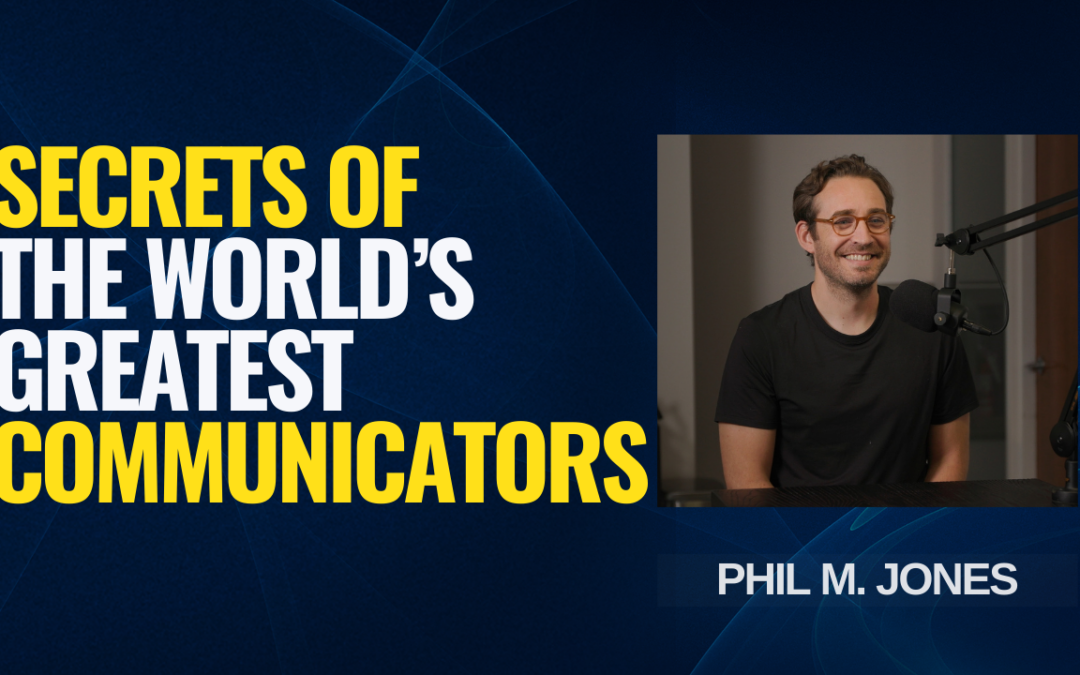Persuasion vs. Influence
- Influence encompasses a wide range of ways to impact someone’s thoughts or decisions, while persuasion specifically focuses on changing attitudes or beliefs to encourage desired actions.
- Focus on fostering an environment where individuals can persuade themselves by altering their own attitudes or beliefs, ultimately leading to the desired outcome.
The Concept Of Reactance
- Recognize Reactance: Understand that people naturally exhibit reactance. This initial resistance is a form of asserting autonomy.
- Confirmation Bias: Acknowledge the human tendency to seek evidence that supports our existing beliefs while dismissing contradictory evidence. Being aware of confirmation bias can help you navigate discussions and make more objective decisions.
The Persuasive Power of the Peripheral Route
- Exploring the impact of the peripheral route persuasion
- Differentiating the peripheral and central routes of persuasion
- Highlighting the common mistake of neglecting the peripheral route
Emotional Influence in Communication
- Tapping into emotions through energy, vocal expression, facial expressions, and body language
- Engaging emotions with powerful questioning techniques
- Evoking emotions through promises and vivid storytelling
Building Likability, Credibility, and Trust
- Leveraging generosity, kindness, and an enjoyable demeanor to enhance persuasiveness
- Establishing credibility and competence through confidence and positive emotional impact
- Working on trustworthiness, credibility, and likability to strengthen persuasive abilities
The Logical Appeal and Respectful Dialogue
- Crafting a clear, logical thesis to support the persuasive message
- Fostering respect in discussions to create an open space for mind change
- Reflecting and redefining the other person’s argument to encourage openness
The Power of Audience Understanding
- Emphasizing the importance of understanding the audience’s feelings, desires, and needs
- Adapting the message to align with the audience’s existing knowledge and beliefs
- Considering the audience’s context to facilitate mind change
The Crucial Components of Effective Communication
- Exploring the vital role of the source, message, medium, and audience in persuasion
- Choosing persuasive words to evoke specific emotions
- Maximizing the medium’s impact while minimizing its limitations
Experts Mentioned:
Dr. Robert Cialdini: Known globally as the foundational expert in the science of influence and ethical application for businesses.
David McRaney: A science journalist, international bestselling author, and expert in the Psychology of Reasoning and Decision-Making
Daniel Kahneman: A psychologist who integrated psychological insights into economics.
Amos Tversky: An Israeli cognitive and mathematical psychologist who became a key figure in the discovery of systematic human cognitive bias and handling of risk.
Podcast: Play in new window | Download







